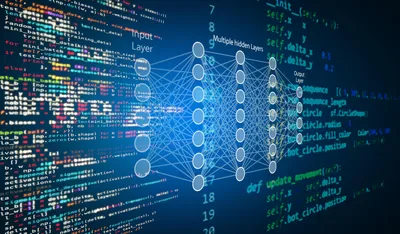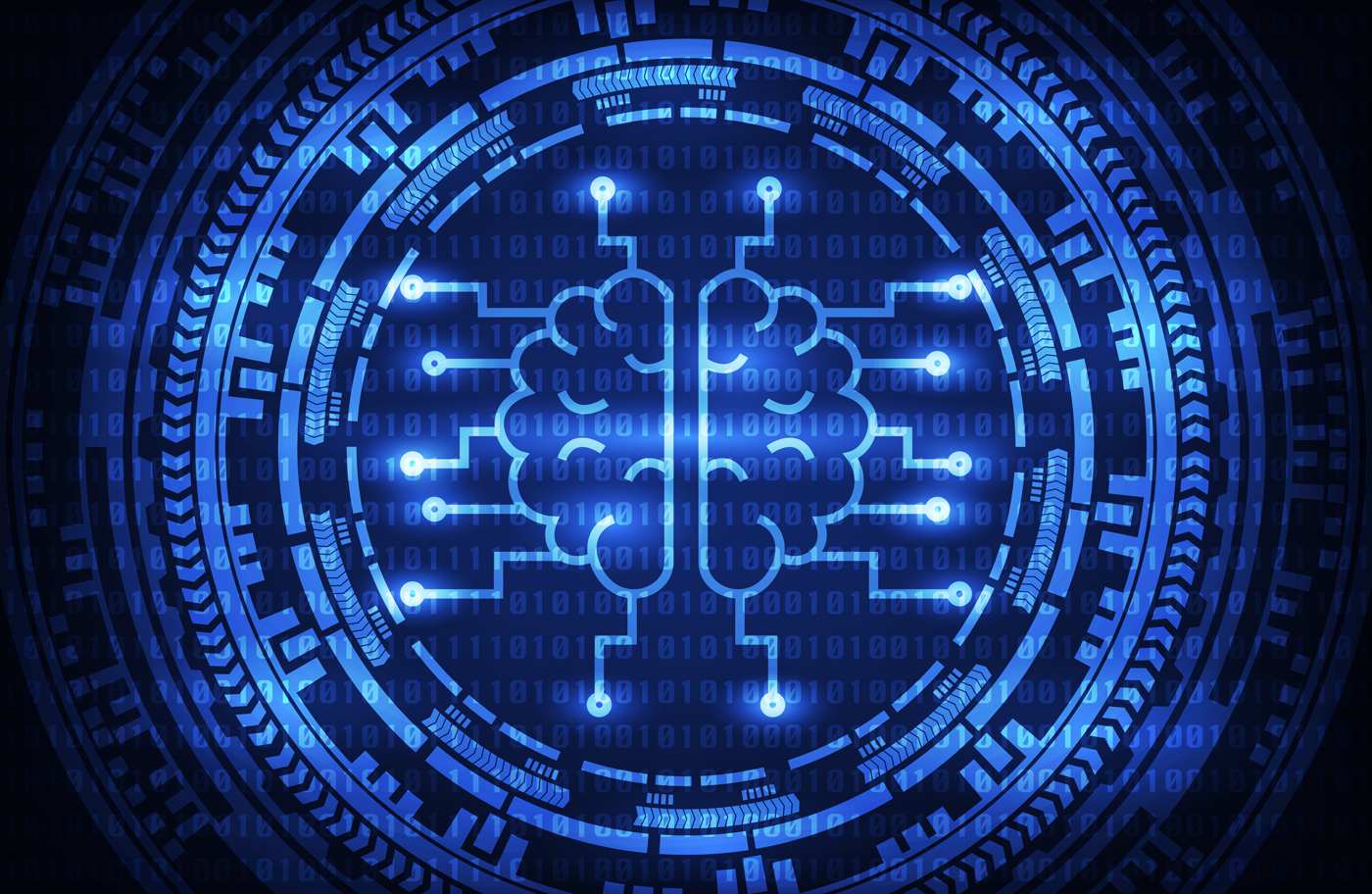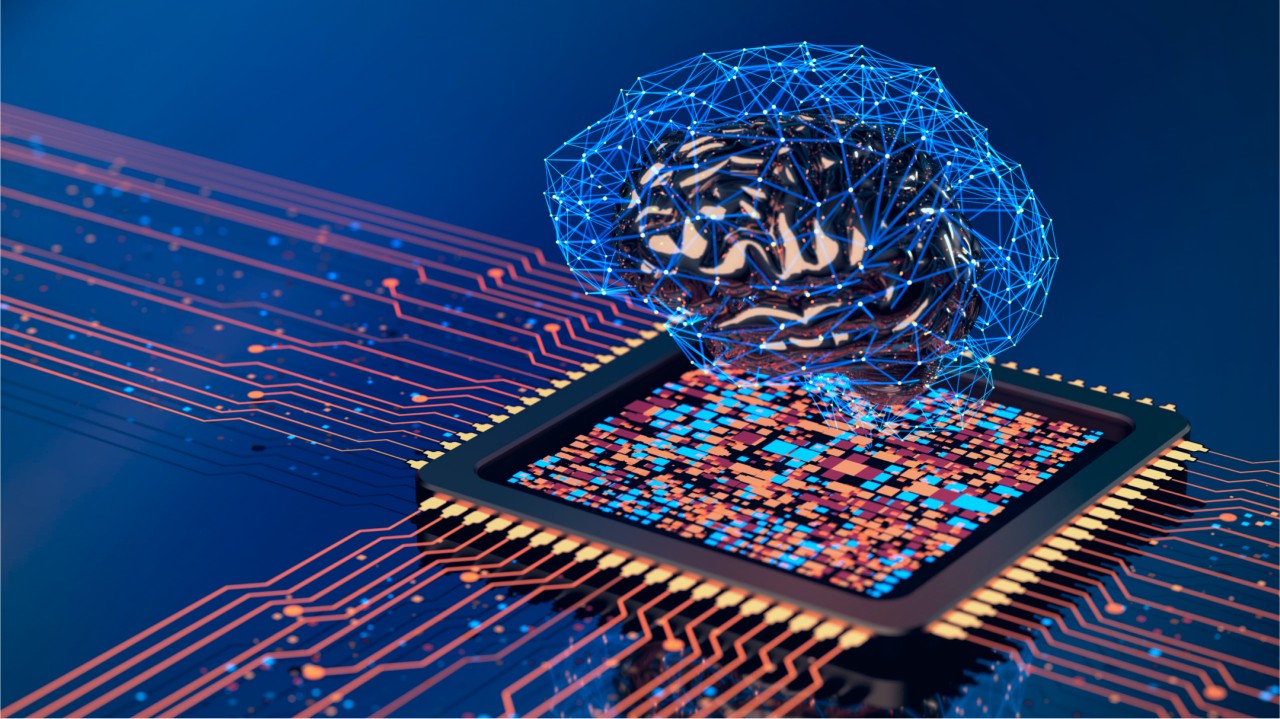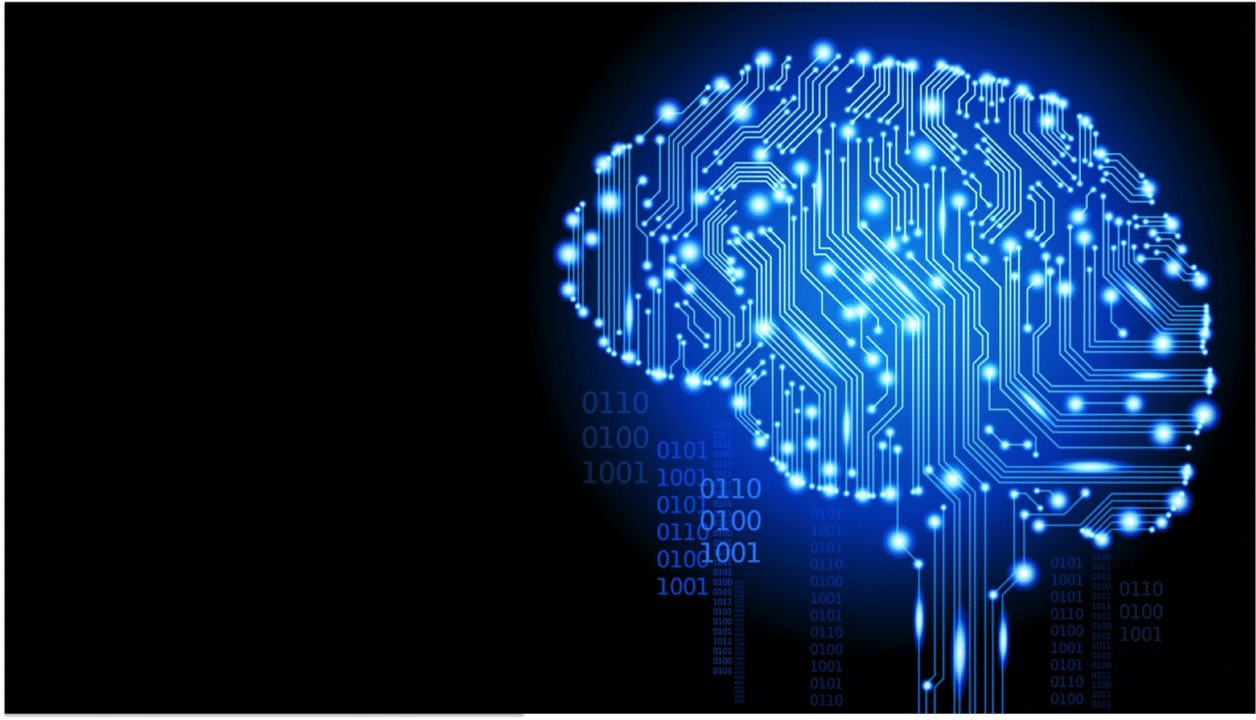Deep learning has made significant strides across various sectors, with ongoing research and development expanding its capabilities. This section delves into more emerging applications and future directions that are poised to drive the next wave of innovation in deep learning.
Deep Learning in Space Exploration
- Satellite Image Analysis:
- Earth Observation: Deep learning models analyze satellite images to monitor Earth’s surface, track environmental changes, and assess natural disasters. This includes detecting deforestation, urban expansion, and changes in land use.
- Astronomical Data Processing: AI models process data from telescopes and space missions to identify celestial objects, analyze cosmic phenomena, and support discoveries in astronomy.
- Autonomous Spacecraft:
- Navigation and Guidance: Deep learning enhances the navigation and guidance systems of spacecraft by analyzing sensor data and optimizing trajectories. This supports autonomous space missions and improves accuracy.
- Mission Planning: AI models assist in planning and optimizing space missions by analyzing mission parameters, resources, and objectives. This includes developing strategies for interplanetary travel and exploration.
Deep Learning in Legal and Ethical Applications
- Legal Document Analysis:
- Contract Review: AI models analyze legal contracts and documents to identify key clauses, terms, and potential issues. This supports legal professionals by automating document review and highlighting important information.
- Case Prediction: Deep learning predicts case outcomes by analyzing historical legal data, case precedents, and judicial opinions. This aids legal practitioners in case preparation and strategy formulation.
- Ethical AI Development:
- Bias Detection and Mitigation: AI research focuses on detecting and mitigating biases in deep learning models to ensure fair and ethical outcomes. This includes developing techniques to identify and correct biased predictions.
- Privacy Preservation: Techniques such as federated learning and differential privacy are being explored to enhance privacy and data security in AI systems. These methods allow for training models on sensitive data without compromising individual privacy.
Deep Learning in Smart Cities
- Urban Planning and Management:
- Traffic Management: Deep learning models optimize traffic flow by analyzing real-time traffic data, predicting congestion, and managing signal timings. This improves transportation efficiency and reduces traffic jams.
- Smart Infrastructure: AI enhances smart infrastructure by monitoring and managing utilities, such as water and energy systems. This includes detecting faults, optimizing resource usage, and predicting maintenance needs.
- Public Safety and Security:
- Surveillance Systems: Deep learning powers advanced surveillance systems that analyze video feeds to detect suspicious activities, identify individuals, and enhance public safety. This includes monitoring public spaces and detecting security threats.
- Emergency Response: AI models support emergency response by analyzing data from sensors and communication systems. This includes predicting and managing emergency situations, such as natural disasters and accidents.
Deep Learning in Financial Services
- Algorithmic Fraud Detection:
- Transaction Monitoring: Deep learning models analyze financial transactions to detect fraudulent activities and anomalies. This includes identifying patterns indicative of credit card fraud, money laundering, and other financial crimes.
- Risk Management: AI models assess financial risks by analyzing market data, credit histories, and economic indicators. This supports risk mitigation strategies and investment decisions.
- Customer Experience Enhancement:
- Personalized Banking Services: Deep learning enhances customer experience by providing personalized banking services, such as tailored financial advice, product recommendations, and chatbots for customer support.
- Sentiment Analysis: AI models analyze customer feedback and social media to gauge sentiment and improve financial services. This includes understanding customer preferences and addressing concerns.
Deep Learning in Retail and E-commerce
- Product Recommendations:
- Personalized Shopping Experience: AI models analyze customer behavior, purchase history, and preferences to provide personalized product recommendations. This enhances the shopping experience and drives sales.
- Dynamic Pricing: Deep learning models optimize pricing strategies by analyzing market trends, competitor pricing, and customer demand. This includes implementing dynamic pricing models to maximize revenue and competitiveness.
- Visual Search and Recognition:
- Image-Based Search: Deep learning enables visual search capabilities, allowing users to search for products using images instead of text. This includes identifying products, finding similar items, and enhancing search accuracy.
- Inventory Management: AI models analyze product images and data to manage inventory, track stock levels, and predict demand. This supports efficient inventory management and reduces stockouts.
Deep Learning in Robotics and Automation
- Robotic Process Automation (RPA):
- Task Automation: Deep learning drives robotic process automation by enabling robots to perform repetitive and complex tasks in various industries, such as manufacturing, logistics, and healthcare. This includes automating assembly lines, sorting, and data entry.
- Collaborative Robots (Cobots): AI models enhance collaborative robots that work alongside humans in manufacturing and other settings. This includes improving robot-human interaction and ensuring safety.
- Autonomous Systems:
- Drone Navigation: Deep learning improves the navigation and control of autonomous drones by analyzing sensor data, avoiding obstacles, and optimizing flight paths. This supports applications in delivery, surveillance, and mapping.
- Self-Driving Vehicles: AI models enhance self-driving vehicles by integrating data from sensors, cameras, and maps to enable safe and efficient autonomous driving. This includes improving perception, decision-making, and control.
Deep Learning in Natural Resources Management
- Mining and Exploration:
- Resource Identification: Deep learning models analyze geological data to identify and assess mineral deposits and resources. This supports exploration and extraction efforts by improving accuracy and efficiency.
- Environmental Monitoring: AI models monitor environmental impacts of mining activities, such as land degradation and water pollution. This supports sustainable practices and regulatory compliance.
- Agricultural Resource Management:
- Crop Yield Prediction: Deep learning models predict crop yields by analyzing weather data, soil conditions, and crop growth patterns. This supports agricultural planning and resource allocation.
- Pest and Disease Management: AI models detect pests and diseases by analyzing images and sensor data from crops. This aids in early intervention and management, reducing crop losses and improving yields.
Future Directions and Emerging Trends
- Explainable AI (XAI):
- Model Interpretability: Research focuses on developing techniques for explaining and interpreting deep learning models to enhance transparency and trust. This includes creating methods for understanding model decisions and ensuring accountability.
- User-Friendly Interfaces: Efforts are being made to develop user-friendly interfaces that allow non-experts to interact with and understand deep learning models. This includes visualizations and explanations that facilitate model interpretation.
- Integration with Other AI Technologies:
- AI and IoT: Deep learning integrates with the Internet of Things (IoT) to analyze data from connected devices and sensors, enabling smart and automated systems across various domains.
- AI and Blockchain: AI models leverage blockchain technology to enhance data security, traceability, and transparency in applications such as supply chain management and digital transactions.
- Advances in Hardware and Computational Power:
- Specialized Hardware: Development of specialized hardware, such as AI accelerators and neuromorphic chips, supports the efficient training and deployment of deep learning models. This includes advancements in GPUs, TPUs, and custom AI processors.
- Quantum Computing: The integration of quantum computing with deep learning holds the potential for solving complex problems and accelerating model training. Research is exploring how quantum algorithms can enhance deep learning capabilities.
Conclusion
Deep learning continues to advance rapidly, driving innovation and transforming various sectors. By exploring emerging applications, addressing ethical considerations, and integrating with other technologies, deep learning will play a crucial role in shaping the future of technology and addressing complex challenges.
As research progresses and new technologies emerge, deep learning will remain at the forefront of innovation, driving positive impact and advancing our understanding of the world. If you have specific interests or further questions about deep learning or related topics, feel free to let me know!



